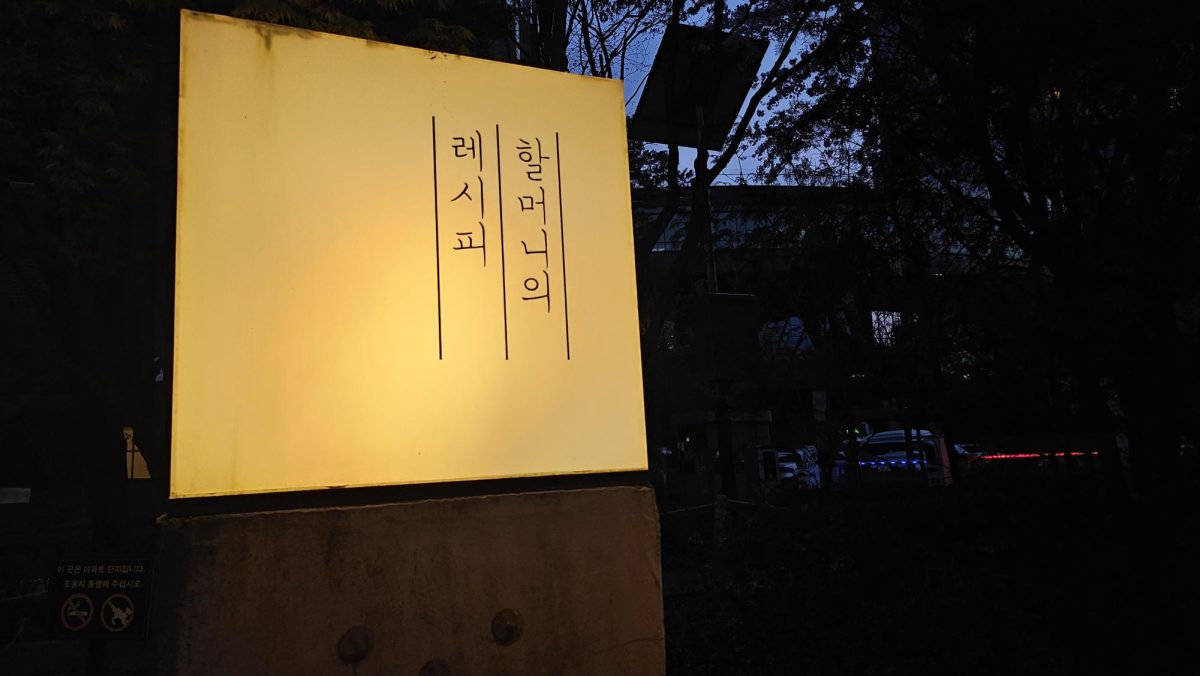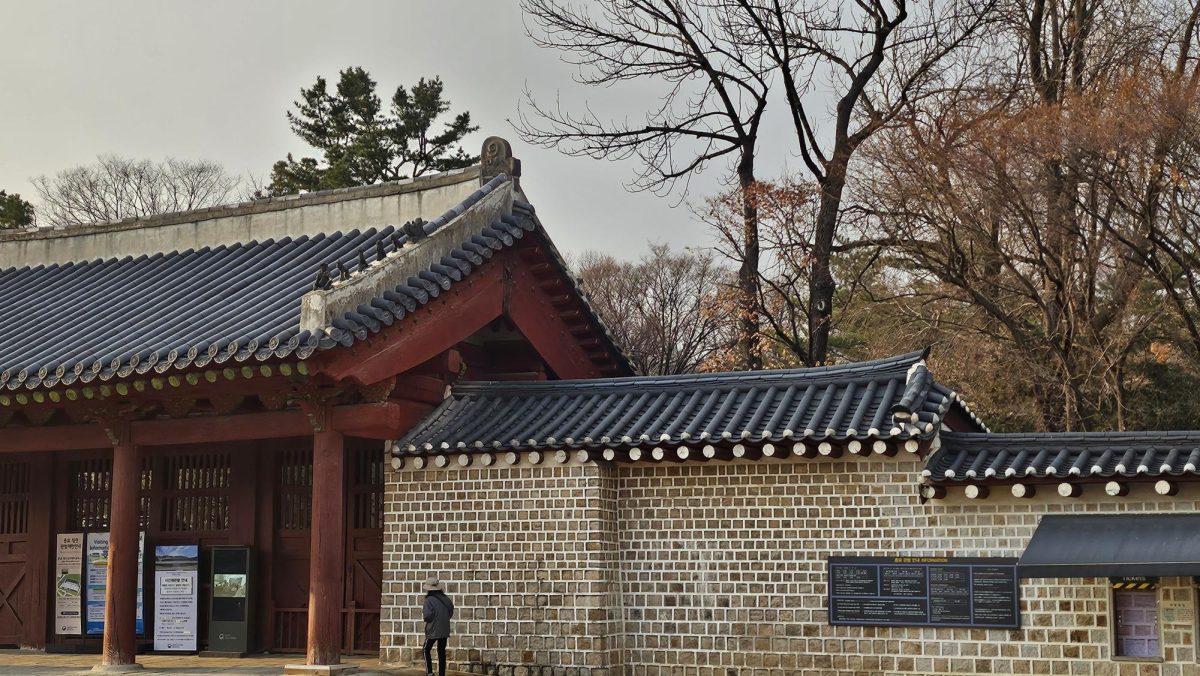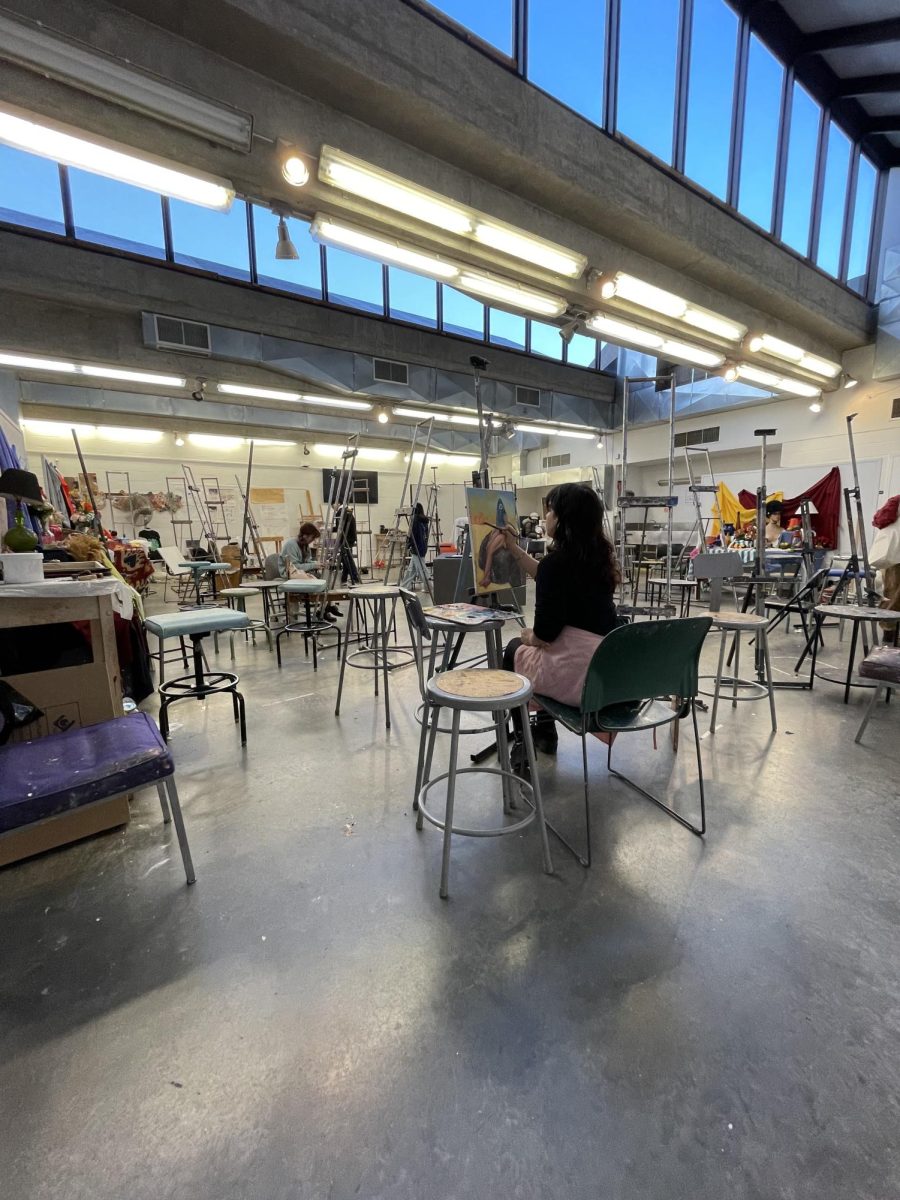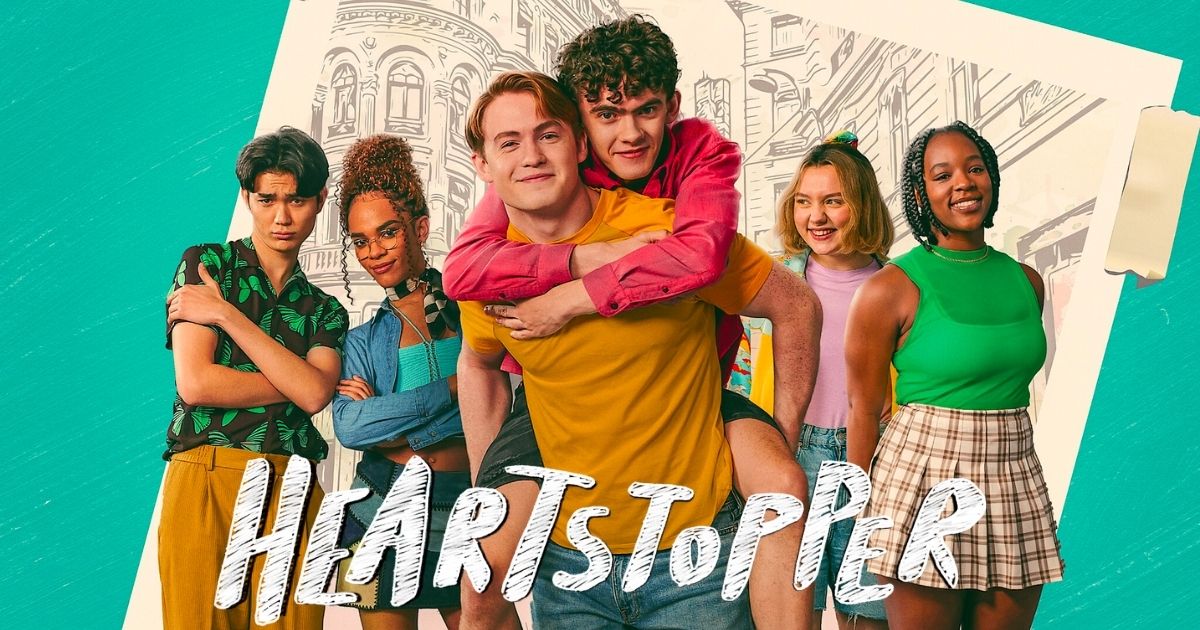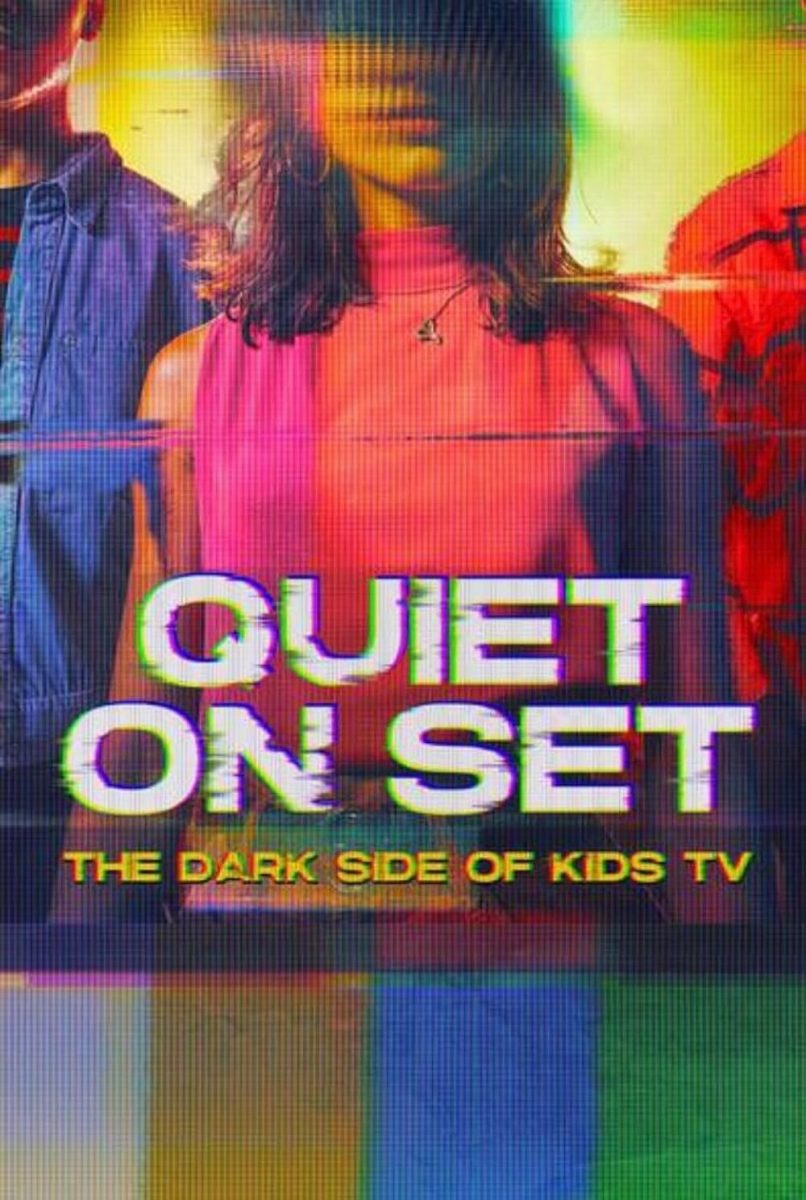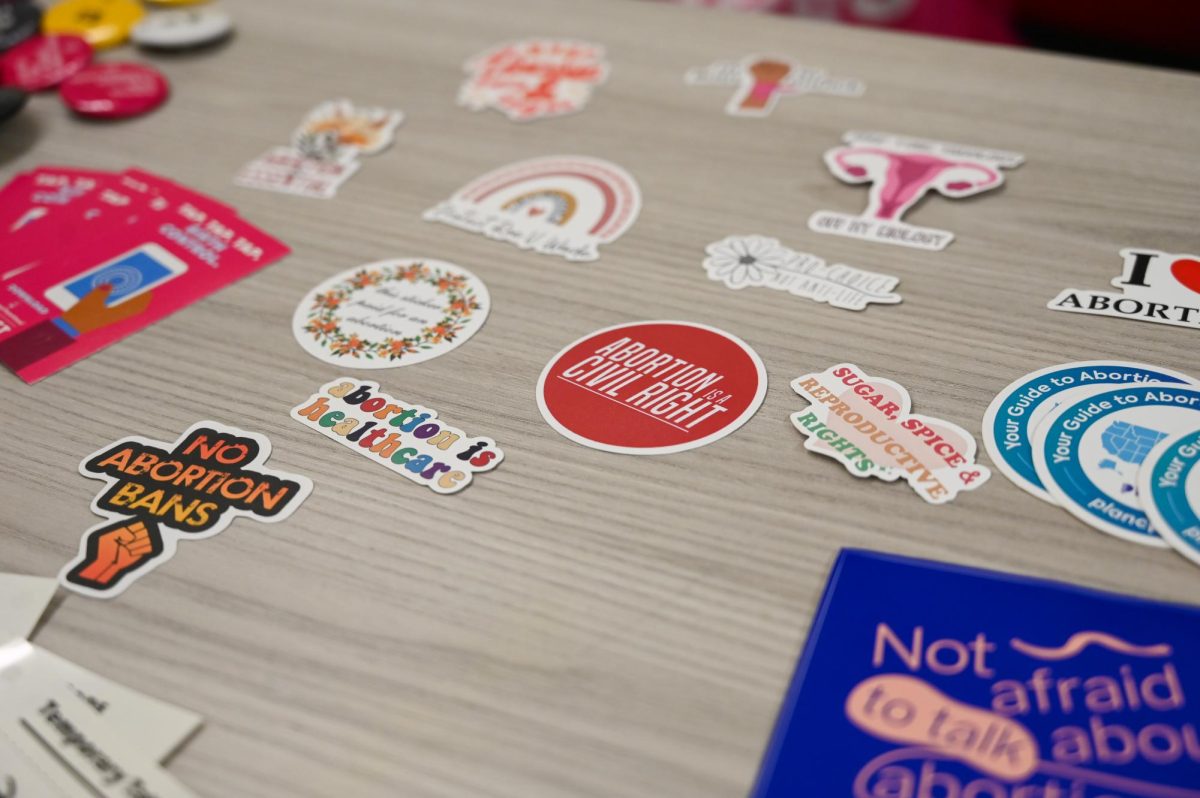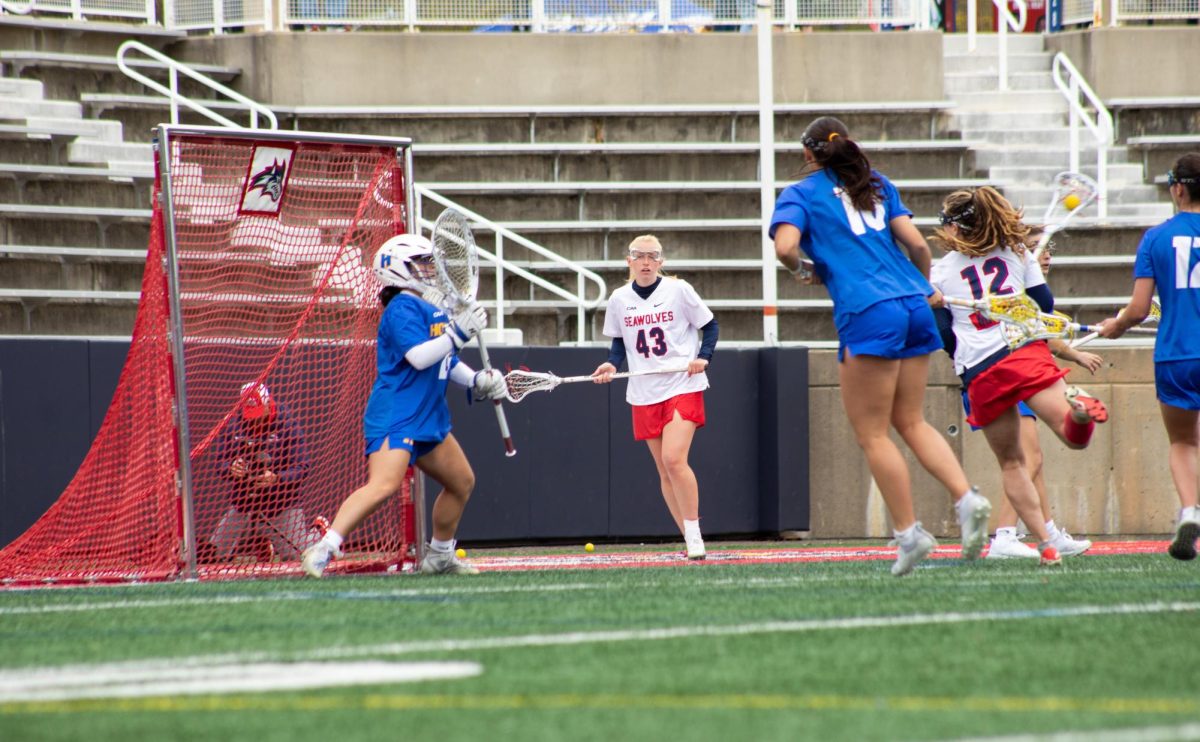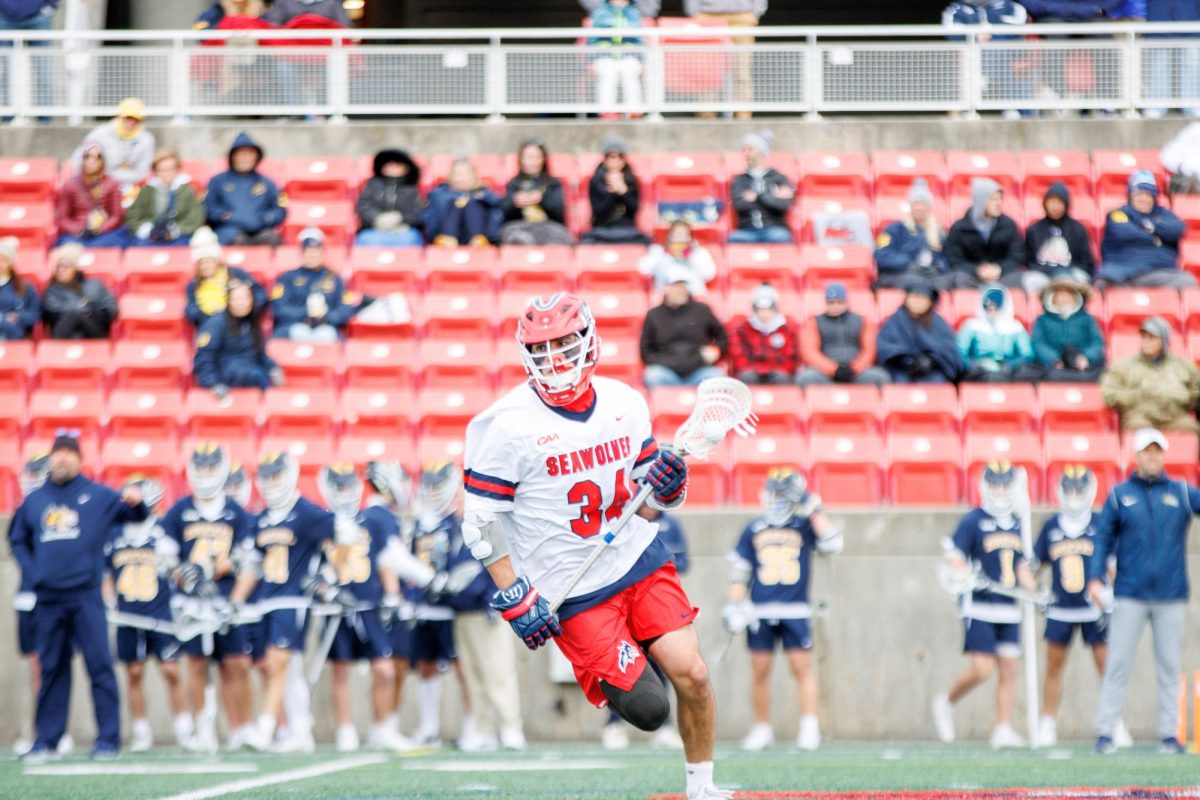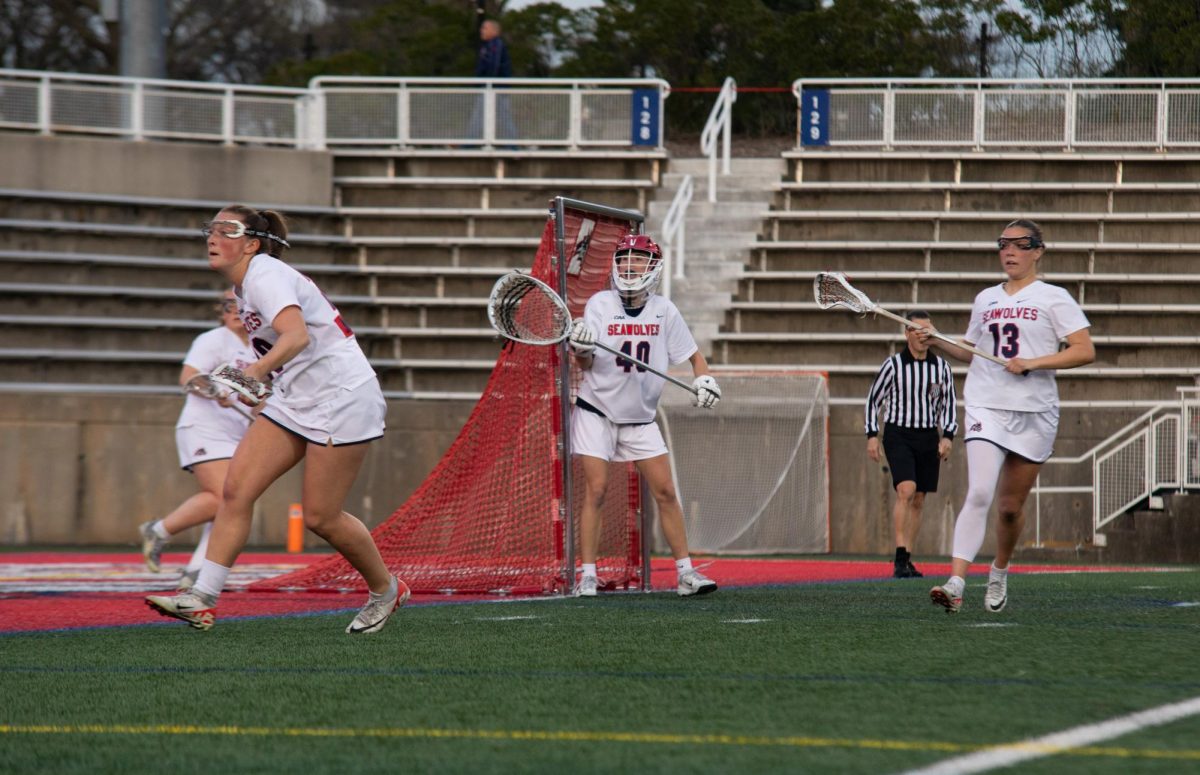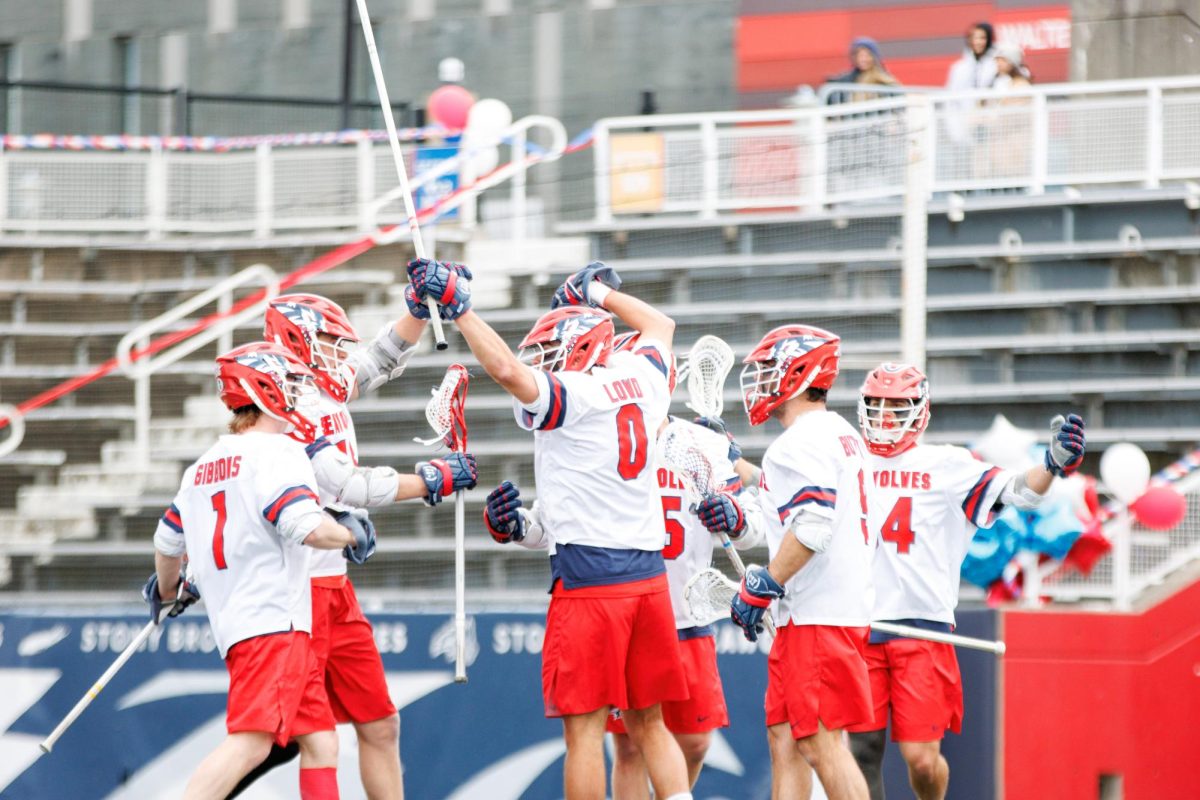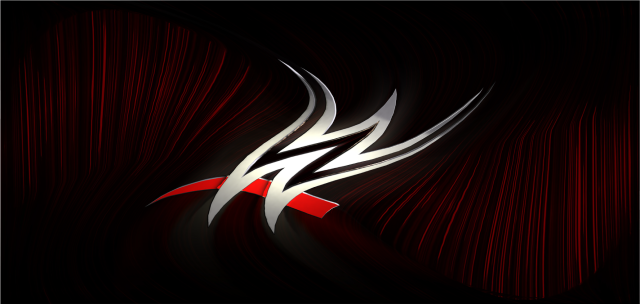
“I’m gonna cut off your question right there.”
This controversial response by Tony Khan, CEO of wrestling promotion All Elite Wrestling (AEW), created quite a stir online, as many stepped in to defend women’s wrestling reporter Ella Jay, who was “just genuinely curious” if the company had planned on booking an all-women’s show anytime in the future. But why?
Agreed. But the takeaway shouldn’t be AEW/Tony doesn’t care about Women’s Wrestling. More his rudeness. Especially when he fawned over male reporters on the same call. https://t.co/4LfH0TaZTV
— SoDuTw (@SoDuTw) November 12, 2021
Despite the vital role of women in the wrestling industry who aren’t taking bumps on the mat, they receive less respect than their male counterparts, simply because of their female presence in a fiercely un-female arena. Women in wrestling media and production are considered to be less than the men who surround them, in spite of their important insights and contributions to the industry.
The treatment of female wrestling journalists is unsurprising considering the lack of representation for women in wrestling as a whole, especially for viewers. Only 70 out of the 227 current Superstars in World Wrestling Entertainment (WWE) are women, despite a statement by the company’s chief brand officer stating that approximately 40% of their audience is female.
Though WWE was reached for comment by The Statesman regarding this disproportionate female representation, no response was received.
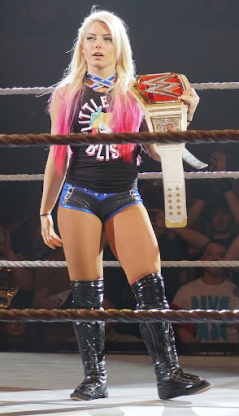
The overwhelmingly male presence in the wrestling industry spills out far past the ring; according to a 2021 report by The Institute for Diversity and Ethics in Sports (TIDES), just 16.7% of all sports editors are female, and the percentage of female sports reporters sits even lower at a measly 13.4%. Unsurprisingly, the sense of ‘manliness’ that slathers wrestling like oiled-up muscles makes it harder for women in the field to get the same sense of respect as their male counterparts.
Though the percentage of women in WWE has increased in recent years, the media sector hasn’t yet matched this growth, much to its detriment. Alex Lajas, host of Complex’s Unsanctioned and co-host of Church of Joshi, spoke on this lack of representation.
“When there isn’t that representation outside of the ring covering what’s happening inside the ring, that’s where it’s lost a little bit, because there’s only so much that I can hear a man’s opinion on a certain wrestling match that is not within their demographic,” Lajas said in an interview with The Statesman. “If you are trying to cater to my demographic with women’s wrestling, wouldn’t it make more sense for someone within my demographic to speak about that?”
Male sovereignty in the wrestling community is most prevalent in the reactions of the fanbase to female contributors — fans and journalists alike — most particularly online. Twitter, for example, has become a hub for male fans to disparage their female peers, citing their gender as a basis for lack of knowledge in the industry.
And women…..are we really doing this? 🙄 https://t.co/IFF38ihwsk
— Alex Lajas⚡️ (@queenoftheringg) April 21, 2022
“Even in comments on videos or comments on articles you’ll write, people always hold you to a higher standard, or under more of like a microscope, or scrutinize you more because this is traditionally a male dominated sport, and maybe in their view it feels like we’re invading their space, or there’s no possible way we could even understand or comprehend professional wrestling,” Jay said.
Lajas echoes these sentiments. “Being a woman in wrestling, I never expect positive results or responses, especially online,” she said regarding an article she wrote discussing the objectification of women in wrestling. “We’re still breaking some ceilings; we’re still facing the criticism of, we don’t know wrestling the way that like, a man does.”
In the effort of breaking these ceilings, many women have been entering into more managerial positions within wrestling, so as to slowly creep towards a sense of equality in the industry.
“Women are now held in more power positions, whether it’s like, producers, writers; they’re wrestling in main events, they’re wrestling for more championships in main events … they’re running the show,” Jay said.
One such woman is Brittani Houghtlen, better known in the wrestling world as Brittani Nikole. Houghtlen is not only the first, but the only female wrestling promoter in the state of Louisiana due to her ownership of the promotion Elev8 Pro.
In an interview with Women’s Wrestling Talk, Houghtlen, regarding having other industry professionals working in Elev8, said that it’s helpful “to have them around me to kind of deal with some people that might not quite want to like, discuss things with a woman,” and how many fans often doubt that she is legitimately the owner of the company, claiming it to be just an extension of the in-ring storylines.
“There’s places for women in wrestling besides taking a bump,” Lajas said. “Whether it’s on screen or off screen, I think that there is space for women to contribute to the art of wrestling.” Women like Houghtlen and Maria Kanellis, promoter of Women’s Wrestling Army, are proving their worth in the wrestling world by obtaining and succeeding in positions of power within their respective promotions.
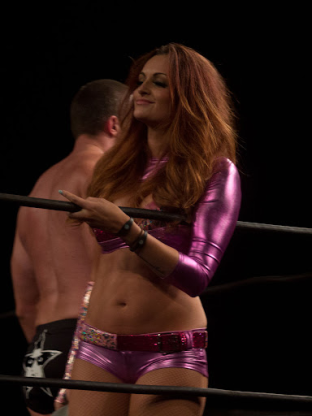
has now started her own promotion, Women’s Wrestling Army. WIKIMEDIA COMMONS VIA LICENSE
The presence of women outside the wrestling ring is crucial to its success, not only for their contributions to the industry in their respective positions, but for their effort to slice the squared circle into parts that are more equal, more inclusive and more illustrative of the makeup of wrestling fans. “There are a lot of women that are really great minds in this industry,” Lajas said.
“No matter who you are in this industry, whether you’re in media, whether you’re a writer, whether you are a performer, or even a booker or promoter, you have a very important role. And especially as a woman, it’s even more important because of the representation, and the inclusiveness, and the equality that we can contribute to make this space greater and safer.”











